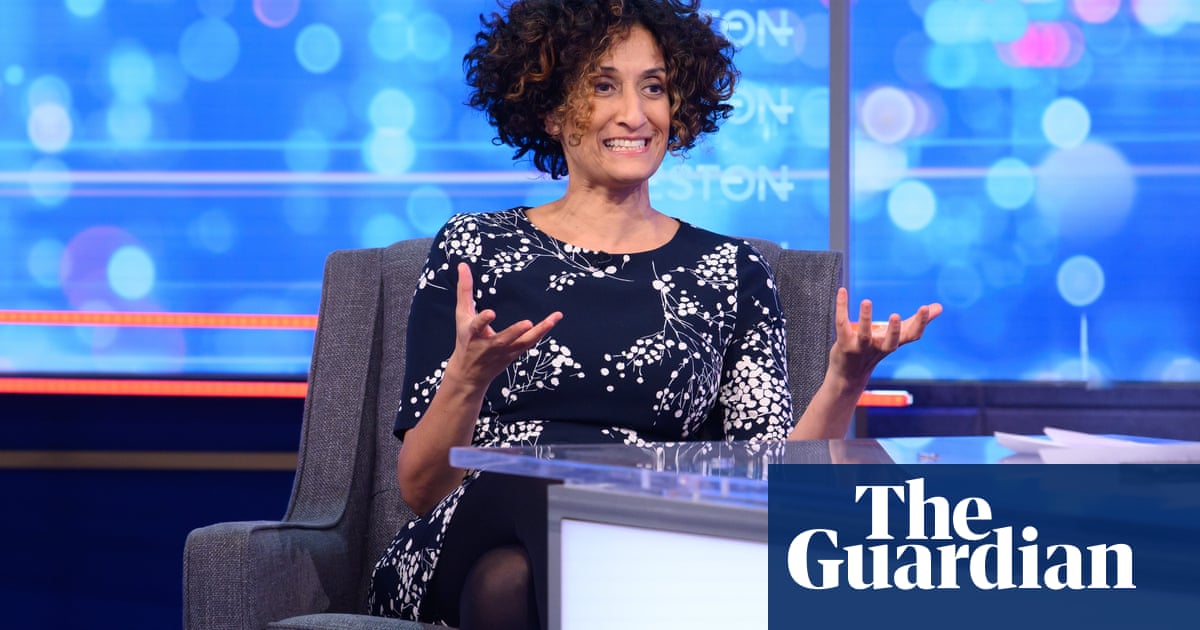
The headteacher Katharine Birbalsingh has quit as the UK government’s social mobility head after little more than a year, admitting her outspoken views meant she was “doing more harm than good”.
Birbalsingh, who came to prominence a decade ago as a critic of the UK’s “broken” schools system, and has since been labelled Britain’s strictest headteacher, said she had realised her presence as chair of the Social Mobility Commission (SMC) undermined its impartiality.
“I come with too much baggage to be as effective as I would like to be as chair. I have become increasingly aware of how my notoriety puts the SMC in jeopardy,” she wrote in a resignation letter to the women and equalities minister, Kemi Badenoch.
She added: “I want to be able to speak publicly about what I think is right and not worry that I am bringing the SMC into disrepute. People regularly say to me, ‘You can’t say that as chair of the SMC!’. The role gags me and turns me into someone that I’m not. When I weigh it all up, I’m doing the SMC more harm than good.”
In a separate article for Schools Week, she also said she resented the role had turned her into a politician, requiring her to be cautious and risk-averse in interviews. “I can’t bear the idea of ever being a politician. It just isn’t who I am or a skillset I wish to develop,” she said, a line that did not make it into her formal resignation letter.
Birbalsingh founded the Michaela Community free school in Wembley, north-west London, where she is headteacher, in 2014. It has a notorious “no excuses” behaviour policy and has been described as “outstanding” in all areas by Ofsted inspectors, and has achieved above average exam results.
She said in her resignation letter she realised her presence compromised the independence of commission’s work on the role of schooling in social mobility because if it were to find evidence that Michaela’s approach worked, many people would disbelieve it and assume “something sinister is going on”.
She blamed the media for creating a storm of outrage over her eminently quotable views, which – from her warning that Shakespeare’s presence on the curriculum was under threat from woke educators to her view that children should not be allowed smartphones – seemed designed to provoke debate.
Appointed as the six-days-a-month chair of the SMC in November 2021 by the then equalities minister, Liz Truss, she quickly showed a near faultless ability to create controversy. In April, she caused outrage after suggesting girls were put off taking physics A-level because it contained too much “hard maths”.
A month later, she appeared in an ITV documentary entitled Britain’s Strictest Headmistress, in which she outlined her 12 golden rules for educating and raising children. They included not giving children unsupervised access to the internet, teaching them gratitude, and preventing them from listening to grime or drill music.
In June, she attacked society’s obsession with a narrow “rags to riches” view of social mobility, prompting criticism she believed that working-class children should “stay in their lane” and not aspire to attend elite universities, a view she said was a media misrepresentation.
In her formal response, Badenoch thanked Birbalsingh for successfully giving the SMC a “strong sense of direction and purpose”. She will be succeeded by SMC’s deputy chair, Alun Francis, the principal of Oldham College.












